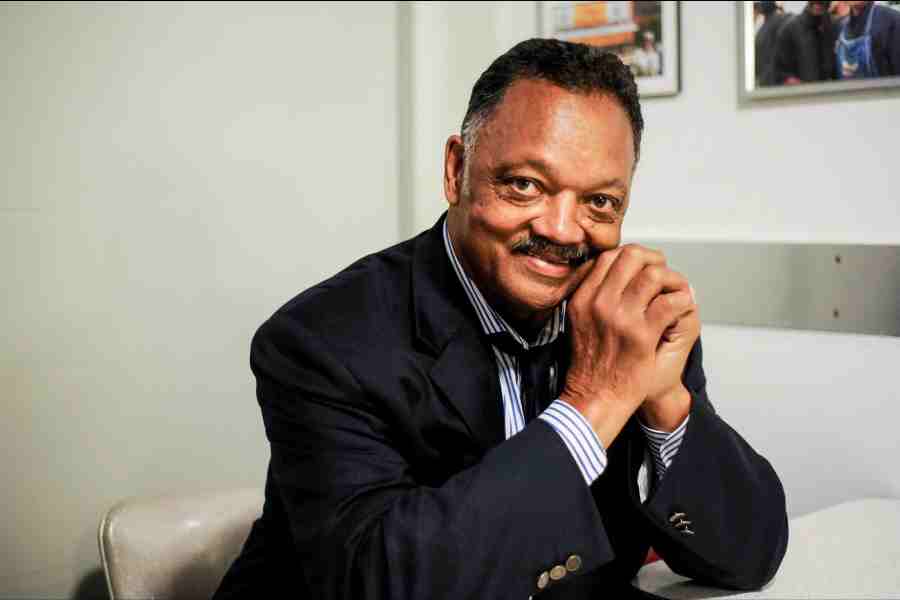 |
| Rao |
Bhopal, April 11: Chief minister Shivraj Singh Chauhan had a discreet visitor yesterday. It was B.S. Kumari, granddaughter of P.V. Narasimha Rao, the late Congress Prime Minister who presided over the Babri Masjid demolition, an event that set the BJP on the path to power.
Kumari requested Chauhan to set up an institute in Rao’s memory at a time he is an outcaste in his own party. The BJP chief minister is said to have agreed “in principle” to grant land at a throwaway price and provide other kinds of help.
The meeting has created an impression that the BJP is keen to usurp the legacy of Rao the way it had in the past championed “marginalised” Congress leaders such as Vallabhbhai Patel, Subhas Chandra Bose and Lal Bahadur Shastri.
Officially, the BJP has remained tight-lipped about the Chauhan-Kumari meeting, apparently arranged by a senior BJP leader from Andhra Pradesh. In private, however, senior party leaders described Rao as a “nationalist” and as the architect of the economic reforms.
They said the rush to deify Nehru had led to many of his towering contemporaries, such as Patel, Bose and B.R. Ambedkar, not receiving their due. They alleged that Indira Gandhi, her son Rajiv and Sonia Gandhi had made sure that the contributions of Shastri and Rao were not allowed to overshadow the Nehru-Gandhi legacy.
Many in the Congress believe that Rao had tried to marginalise Sonia during his tenure.
Chauhan aides said the chief minister may have been influenced by L.K. Advani’s favourable assessment of Rao. In his autobiography, My Country, My Life, Advani has acknowledged that Rao held many views “congruent to those of the BJP”.
“Firstly, I admired Rao’s erudition. He combined a scholarly understanding of national and international affairs with rich political and administrative experience,” Advani wrote.
“Secondly, in my initial meetings with him, I found that his views on several critical policy issues to be congruent to those of the BJP.”
In today’s Congress, Rao is seen as a short-term manipulator who posed as a statesman. His name was not mentioned at a function to mark 125 years of the party in New Delhi, where Sonia and Prime Minister Manmohan Singh remembered Nehru, Indira and Rajiv.
When Rao died in December 2004, his body was not allowed to be kept at the party headquarters though both Singh and Sonia visited his 9 Motilal Nehru Marg residence.
To the BJP, Rao was both a success and a failure as Prime Minister between 1991 and 1996.
During his tenure, India pulled off an economic turnaround. The growth rate, less than 1.5 per cent in 1991, rose to 7.5 per cent in 1996. With Manmohan Singh as his finance minister, Rao liberalised the economy, dismantling Nehruvian policies and the licence-permit raj.
To many, Rao’s biggest contribution to the nation and the Congress was his induction of Singh into his government, though he would have scarce realised that his protégé would go on to become Prime Minister one day.
Rao’s failures, to the BJP, include the epidemic of scams during his rule, including the stock markets scam and the MPs’ bribery scandal involving his government and the Jharkhand Mukti Morcha.
To the Congress, Rao’s only legacy is a festering wound called Ayodhya. He had sat pouting and silent when zealots pulled down the Babri Masjid on December 6, 1992.










